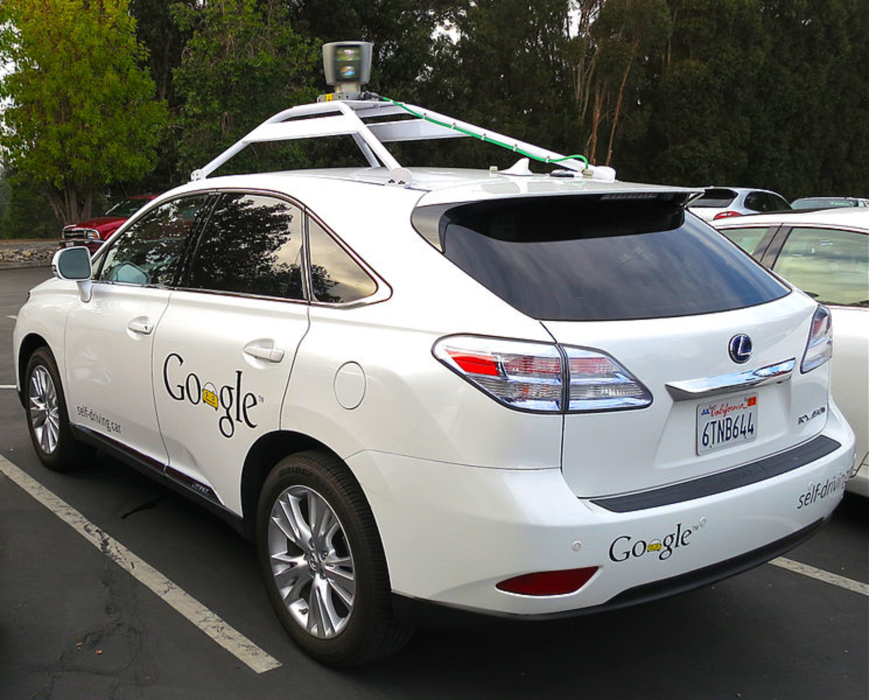Every year, when I was boy, my father would take me to the Chicago Auto Show. He would trust me to check out the cars on my own. Those moments were great, not just because I loved automobiles–I could name every make and model, and made model cardboard cars as a result–but I enjoyed the trust from my dad to not get lost (and I always had a great sense of direction).
Today customers are choosing whom to trust with activity associated with technology and data. That trust in technology is spreading, influencing how customers perceive an automaker.The same trust will be needed to power an Internet of Things world in which automobiles will certainly play a front and center role.
At the 2016 Consumer Electronics Show this month, Ford CEO Mark Fields and Chief Technology Officer/EVP Raj Nair explained how the company was earning its “tech trust” with customers. They highlighted 25 global experiments called the Smart Mobility initiative. The initiative is meant to incorporate several advancing technologies ranging from connectivity to advanced analytics. Ford’s investment in the results will strengthen its business model with insights and context on the data generated.
The tech is part of an industry-wide race to do more than market electric-powered and autonomous vehicles. Managing customer experience beyond the vehicle sale is now a branding factor. That experience extends beyond the purchase at the dealership. For decades automakers have relied upon vehicle design and financing
at the dealer as a branding effort. Regulations and experience keeps automakers from being enticed to cut corners on safety and function. But as software is infused in vehicle design, the need to establish tech trust becomes paramount.
The Volkswagen “diesel-gate” crisis demonstrates what happens when tech trust is lost. Last fall, company leaders admitted that engineers developed software that “passed” during vehicle emission testing but in actuality released as much as 40 times the legal limit of nitrogen oxide emissions. 11 million vehicles in various global markets were impacted. The crisis devastated Volkswagen’s reputation because customers did not have an environmentally responsible diesel-powered car as advertised.
Volkswagen CEO Matthias Mueller has appeared before Congress to explain why the EPA was misled on the emission certification of the engine. He had stated in an interview with NPR that much of the issue was from rogue software engineers. Yet it was highlighted in the NPR interview that most of the public held Volkswagen’s leadership responsible.
Whenever an automaker has run afoul of regulators, the public, or both, activity meant to push sales volume has been at core of the misstep. A business model based on selling volumes of product to recoup years of development work is not evil. But some ways it does contrast to the activities meant to build branding through customer experiences, because the focus on value emphasizes the purchase transaction rather than interactions before and after the sale.
Building customer experience has been a pathway for profits, and studies show that high expectations will not abate anytime soon. A whitepaper created by customer intelligence consulting firm Walker reports that customer experience will overtake price and product as the top business differentiator by 2020. Gartner has also published similar findings.
Today automakers, particularly luxury brands, are learning to blend customer experience into the vehicle purchase cycle to remain competitive. Ford introduced a Black Label option to its Lincoln brand, meant to provide concierge service and custom feature options to vehicle owners.
Trust also reveals what customers generally understand about a product. That understanding can make or break a brand. Back in 2000 Ford faced customer backlash for tread separation on Firestone tires installed on the Ford Explorer. But consumers understood that tires are not typically manufactured by automakers. In
Volkswagen’s instance, however, an engine would seem to fall under a manufacturer’s responsibility, even if components come from suppliers. Ford, and the Explorer, ultimately survived the tire crisis. The jury is still out on Volkswagen.
With tech trust becoming more a widespread issue, marketers need to understand that customers are becoming more informed about products and services. The trend to be informed will grow in significance for automakers as customers will want to learn how to be better acclimated to autonomous vehicle, electric vehicle maintenance, and managing features on devices other than a vehicle instrument panel. This means applying analytics responsibly to gain unobtrusive insights into customer behavior.
What’s more, with Google, Apple, and Amazon among the major choices as analytics suppliers–companies with very high customer recognition–automakers must develop great reputations for responsibility when it comes to collecting, using, and storing data.
In short, automakers will become fertile ground for marketers to learn how to manage “tech trust” among consumers.







